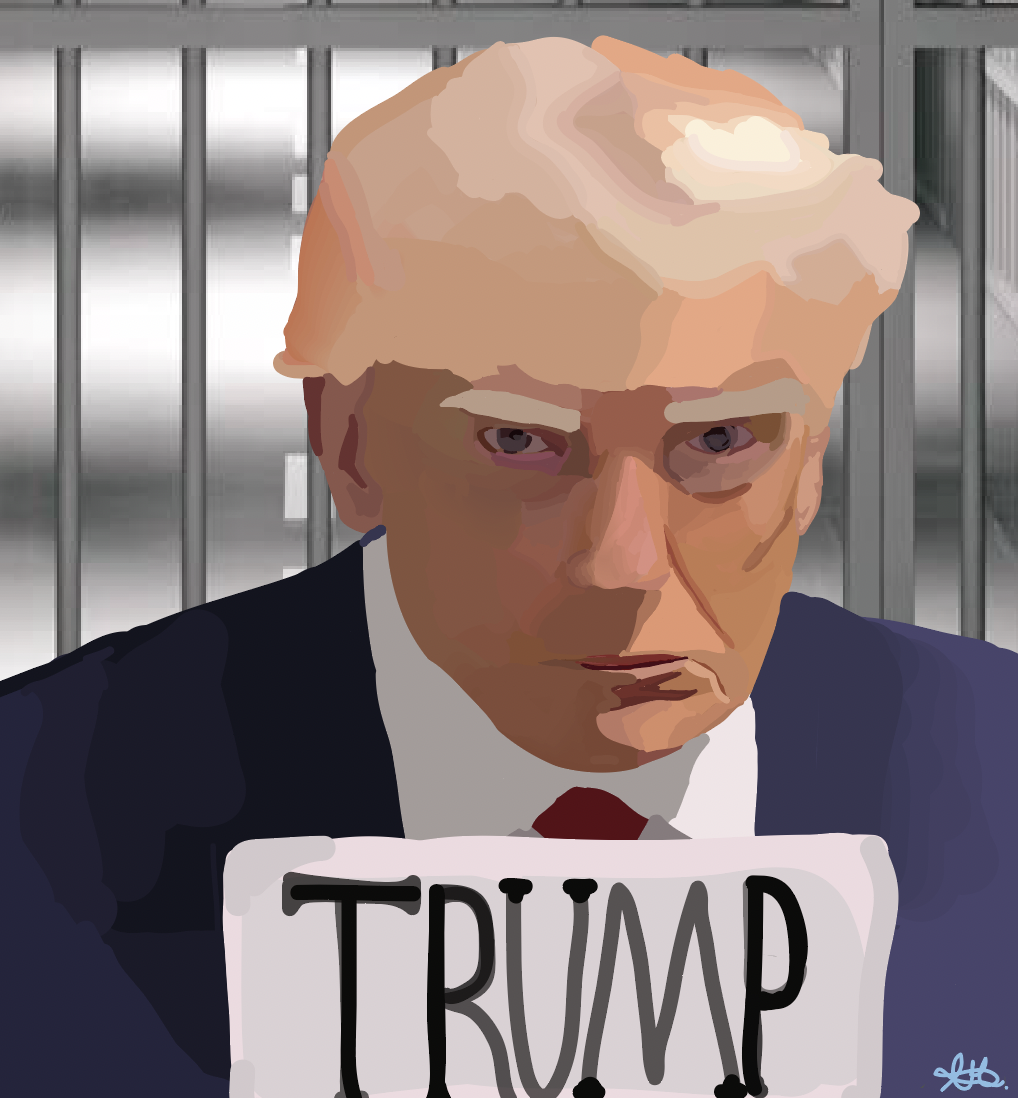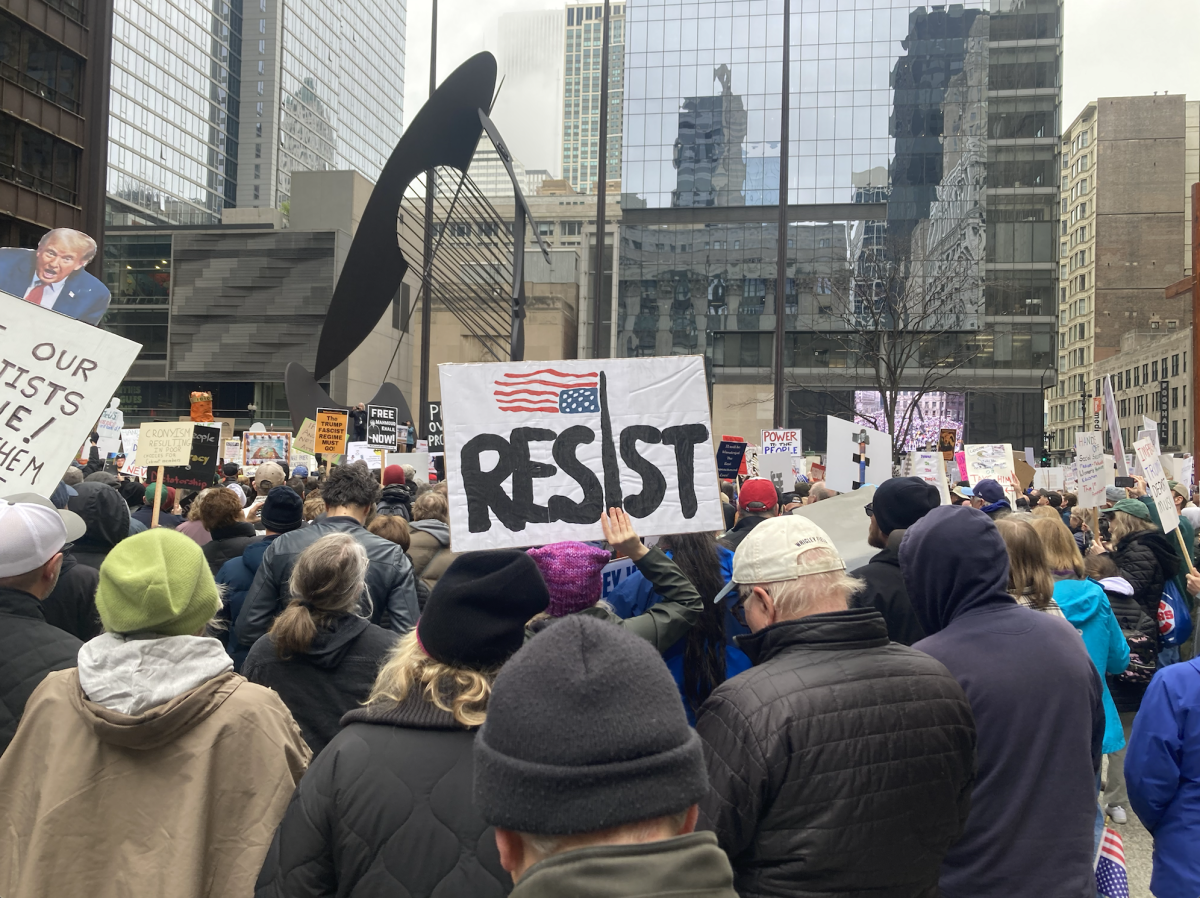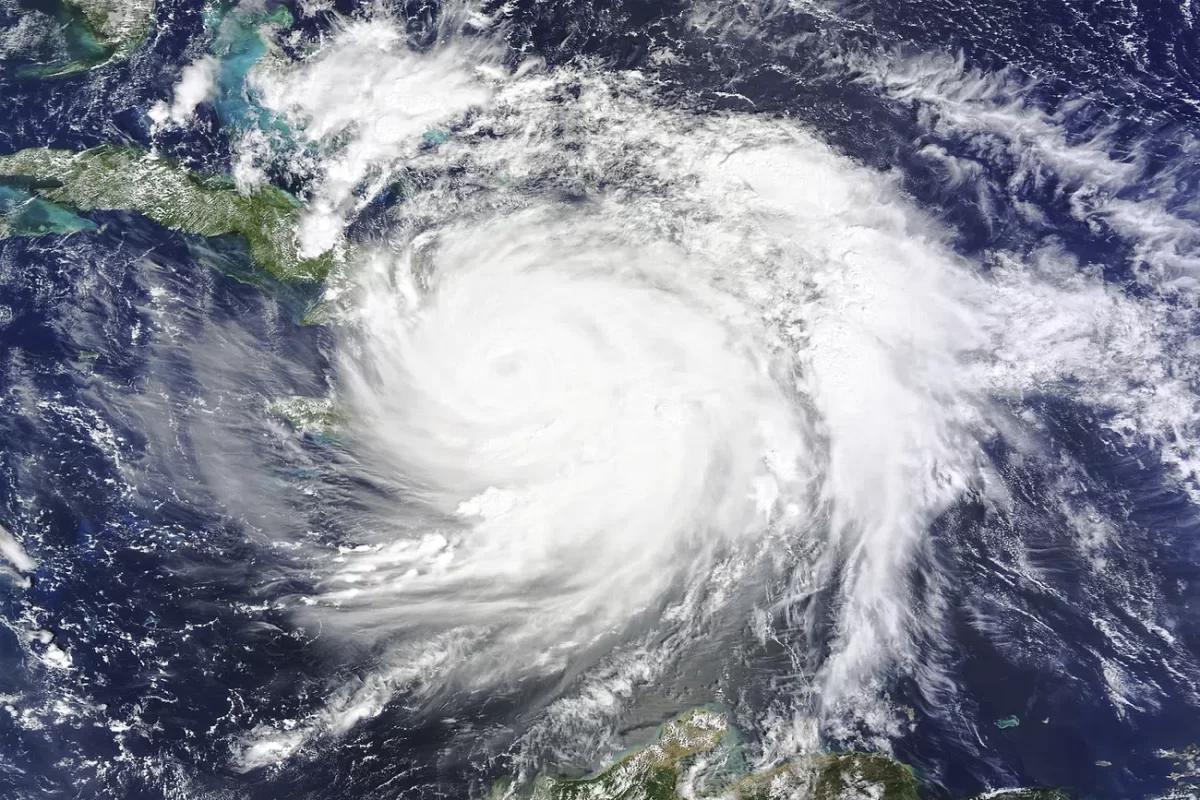Former president Donald Trump’s tenure in American politics has been marked by a plethora of unprecedented moments. From tweets that became internet sensations to being the first president in the U.S.’s history to be impeached twice, it’s easy to drown in this sea of incidents. And in the past couple of months, the former president has created even more history. Donald Trump has become the only president ever charged for criminal activities. And there’s not just one case, there’s four. None of the trials have started yet, but the former president has been indicted (formally charged) for all of them, with felony charges reaching the double digits. Trump has aired his grievances about the felony charges on his social media platform, Truth Social, and has pleaded (or is expected to plead) not guilty for each of them. With that, let’s get into the specifics of each indictment.
Indictment #1: Money Kept Quiet
Trump’s first indictment, in April, set an incredibly serious tone. It alleged that Trump falsified 2016 tax records of his businesses to pay off individuals who could potentially threaten his campaign for president. There are three separate cases: one of them centered around adult video star Stormy Daniels, who came forward with allegations that she and Trump had a sexual relationship, a second about a woman who accused Trump of having an extramarital affair with her, and the final one in connection to a Trump Tower doorman that claimed Trump had an illegitimate child. In each of the three cases, the former president used money from his business accounts to silence the allegator. The indictment contains 34 felony counts, ranging from Trump paying off these three people to misrepresenting records so his clandestine activities wouldn’t show.
The trial has been affected by controversy even before it has started. Judge Juan Merchan, appointed to this case by the state of New York, has been a presiding judge for many of his state’s infamous cases in recent memory. This includes the prosecution of former Trump Organization CFO Allen Weisselberg on counts of tax fraud. The former president’s legal team attempted to get Judge Merchan removed, citing biases against Trump (namely due to the outcome of Weisselberg’s trial, and the assumption the judge and his family are Democrats). The judge refused to recuse himself, and the case is on track to go to trial on March 24, 2024 (though Trump’s counsel tried to get this date pushed back, because it might interfere with a Republican primary happening at the same time).
Indictment #2: Classified Documents
The former president made quite the appearance in the news when boxes upon boxes of highly classified documents were found during a federal investigation of his Mar-a-Lago residence in Florida. In June, official federal charges were filed against Trump regarding this incident. This time, there are around 40 felony counts, served by special counsel Jack Smith, who is overseeing all of the Department of Justice’s investigations into Trump. Smith alleges that Trump knowingly took the classified documents, obstructed the government’s investigation into why he had them, and had the Mar-a-Lago security cameras that recorded the raid tampered with.
The case will be presided over by Judge Aileen Cannon, who was appointed to the U.S. District Court for the Southern District of Florida by Trump himself. There have been no attempts by Trump’s legal counsel to replace her. There have, however, been disputes regarding the dates of the trial. The prosecutors wanted the trial to start as early as December of this year, whereas the former president’s team demanded that the trial not commence until December 2024, so as not to hinder Trump’s campaign for president. A compromise of sorts was made, and as of now, the trial is set to start next May.
Indictment #3: January 6th
Just weeks after Trump was indicted in the classified documents case, he was charged again. This case centers around the former president’s involvement in the January 6th insurrection and his attempt to obstruct the peaceful transfer of power. There are only four felony counts in this case, but they are arguably the most serious allegations that Trump is facing, because he’s being accused of trying to “defraud the U.S.” Special Counsel Jack Smith is again involved in the still ongoing investigation of this case, and was the one who brought the initial charges forward. According to his report, Trump fueled the violence at the Capitol on January 6th by baselessly declaring that he was robbed of the presidency in 2020. Additionally, Smith argues that Trump tried to use these inflammatory claims to stay in office.
The trial for this case has the earliest set date so far, and is scheduled to be on March 4, 2024 (just a day before Super Tuesday, which is when the largest number of states hold presidential primary elections). Judge Tanya Chutkan will preside over the case, and she has a history of sentencing January 6th insurrectionists with jail time. She has faced death threats and racist attacks from Trump supporters because of her involvement in this case. Trump has used Judge Chutkan’s background to paint the narrative that she will be biased against him in his trial, and this has sowed seeds of distrust in his supporters.
Indictment #4: Georgia Phone Call
Finally, the most recent indictment is one specific to the state of Georgia. The indictment was put forth barely three weeks ago, and alleges that Trump tried to interfere with Georgia’s vote counting and Electoral College processes, specifically in Fulton County, home to Atlanta. The motive, explained in the report provided by district attorney Fani Willis, was Trump’s desire to win back the presidency he had lost. The key piece of evidence in this case is Trump’s infamous call to Georgia Secretary of State Brad Raffensberger. In a recording of the hour-long phone call obtained by the Washington Post, Trump can be heard negotiating for more votes. The charges brought forth as a result of this meddling include “conspiracy,” a planned violation of the law (by members of the Trump administration) and “racketeering,” an organized criminal endeavor toward a common goal (in this case, the Trump administration trying to obtain more votes in Fulton County).
The former president was arraigned on September 6th in this case (meaning he had the list of his crimes read to him in the courtroom), but trial dates have not been set. However, Trump’s already notorious mugshot was taken in Georgia just days ago; it is the first mugshot for any U.S. president in history. Unlike some of the other federal level cases, Trump, if elected president again, cannot pardon himself, because this is a state level crime. The case is being presided over by Judge Scott McAfee. Prior to this, McAfee was most well known for being a state inspector general involved in investigating several fraud cases in the Georgia state government.
Conclusion
With former president Trump leading the race to be the Republican nominee in 2024, the consequences of these criminal charges become even more severe. The former president is now embroiled in four very different high profile cases that have produced almost 100 felony counts, with penalties ranging from fines in the thousands to even jail time. His legal counsel continues to aggressively push back against the prosecutors to drop these cases, making the already complex situations even more messy. Adding fuel to the fire, the former president himself is using his platform to make the U.S. judicial systems appear unjust and biased against him. If Donald Trump were elected Republican nominee, these cases would still continue, but we have no idea how they would potentially affect his campaign, or the presidential election at large. We will just have to see how these tumultuous legal proceedings play out. This is a path that America has never walked before, and our road ahead is incredibly shaky.















Rebecca Holmes • Sep 11, 2023 at 9:40 am
Excellent reporting (and brilliant formatting)!